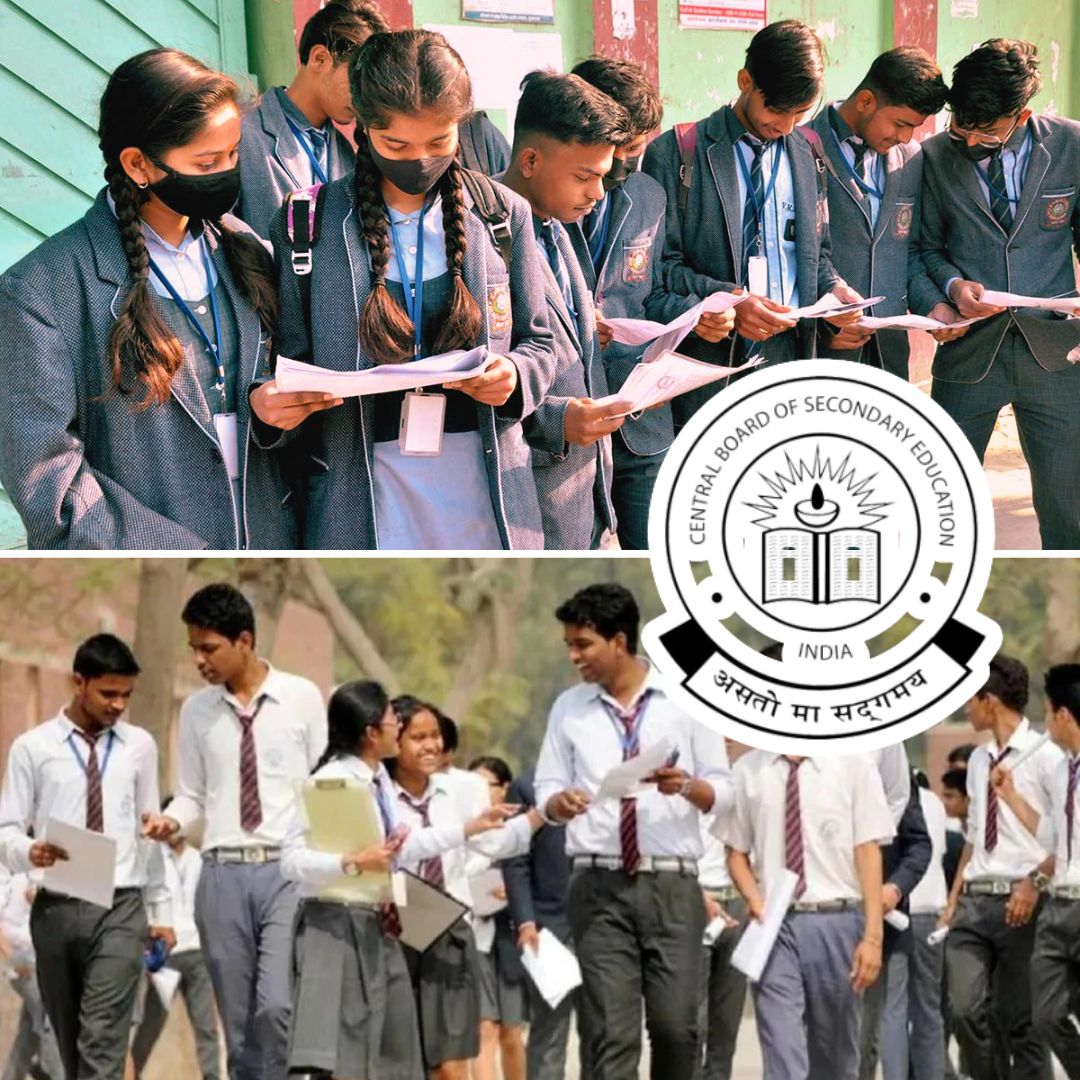The Central Board of Secondary Education (CBSE) has unveiled a comprehensive schedule and detailed procedures for the 2025 Class 10 and 12 board exam re-evaluation and verification process.
Starting May 21 for Class 12 and May 27 for Class 10, students can apply online to obtain scanned copies of their evaluated answer sheets, followed by options for verification of marks and re-evaluation of specific answers.
Step-by-Step Guide: Navigating the CBSE Re-evaluation and Verification Process
CBSE’s revamped re-evaluation process is designed to be student-friendly, transparent, and efficient, leveraging digital platforms to reduce delays and confusion. Here is an in-depth look at each step students must follow:
- Requesting a Scanned Copy of the Evaluated Answer Sheet:
The first and mandatory step is for students to apply online to receive a scanned copy of their evaluated answer scripts. This allows them to personally review their answers and identify any potential discrepancies before requesting further actions.- Students must visit the official CBSE portal (cbseresults.nic.in or cbse.gov.in) and log in using their roll number, school number, and admit card ID.
- After logging in, they select the option to apply for the scanned copy of their answer sheet for the subjects they wish to review.
- A fee of ₹500 per subject is applicable and must be paid online during the application.
- Once processed, the scanned copies will be available to download from the student’s account within a stipulated timeframe, enabling thorough self-assessment.
- Applying for Verification of Marks:
After reviewing the scanned answer sheet, if a student suspects any errors such as totaling mistakes, unmarked questions, or unassessed parts, they can apply for verification of marks.- Students return to the portal and select the ‘Verification of Marks’ option for the relevant subjects.
- The verification fee is ₹500 per subject, payable online.
- CBSE will then recheck the answer sheet for any computational or procedural errors and communicate the results via the student’s online account.
- It is important to note that this step does not involve re-evaluating the content but ensures the accuracy of the original evaluation.
- Requesting Re-evaluation of Specific Answers:
If discrepancies persist after verification, students may apply for re-evaluation of specific answers, limited to a maximum of 10 questions per subject. This involves a detailed reassessment of the answers to ensure correct marking.- On the CBSE portal, students select the ‘Re-evaluation’ option and specify the questions they want reassessed.
- The fee for re-evaluation is ₹100 per question, payable online during application.
- The re-evaluation process is thorough, and the board’s decision on revised marks will be final and reflected in the updated mark sheet.
- CBSE assures that this step is conducted by experienced examiners to maintain fairness and accuracy.
Students are urged to adhere strictly to the deadlines for each stage, as late submissions will not be entertained. The entire process is designed to be transparent, with all communications and results accessible through the student’s secure online account.
Context and Background: A Digital Leap Towards Transparency
This updated process addresses long-standing concerns raised by students, parents, and educators about the opacity and delays in post-result activities. Historically, many students faced challenges such as difficulty in accessing answer sheets, unclear timelines, and slow feedback during re-evaluation, which often led to anxiety and mistrust.
The CBSE’s 2025 reforms are a direct response to these issues, integrating technology to simplify applications, provide clear fee structures, and ensure timely updates. By digitising the entire workflow, CBSE is not only improving operational efficiency but also reinforcing its commitment to fairness and accountability in the education system.
The Logical Indian’s Perspective
The Logical Indian welcomes CBSE’s proactive measures to create a transparent, accessible, and student-friendly re-evaluation process. Board exam results carry immense weight in shaping young lives, and ensuring that every student has a fair opportunity to verify and challenge their marks is crucial.
The stepwise, digital approach empowers students with information and control, reducing anxiety and fostering trust in the system. As we applaud these reforms, we also invite our readers to reflect: In what other ways can educational boards innovate to support students’ mental health and confidence during the high-pressure exam result period?












